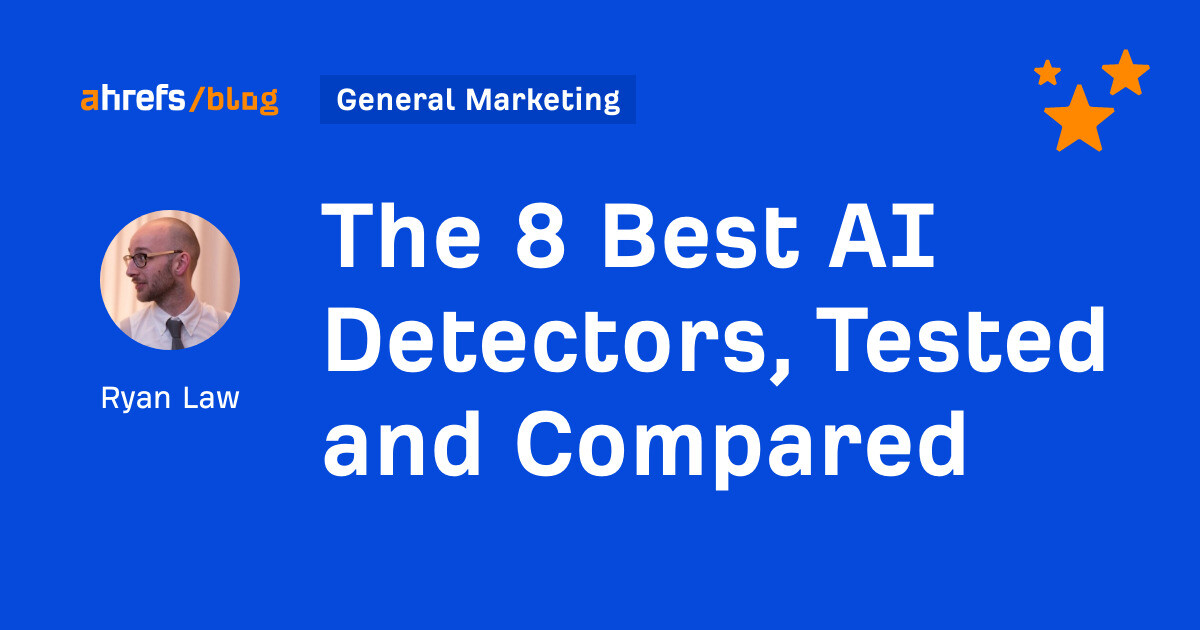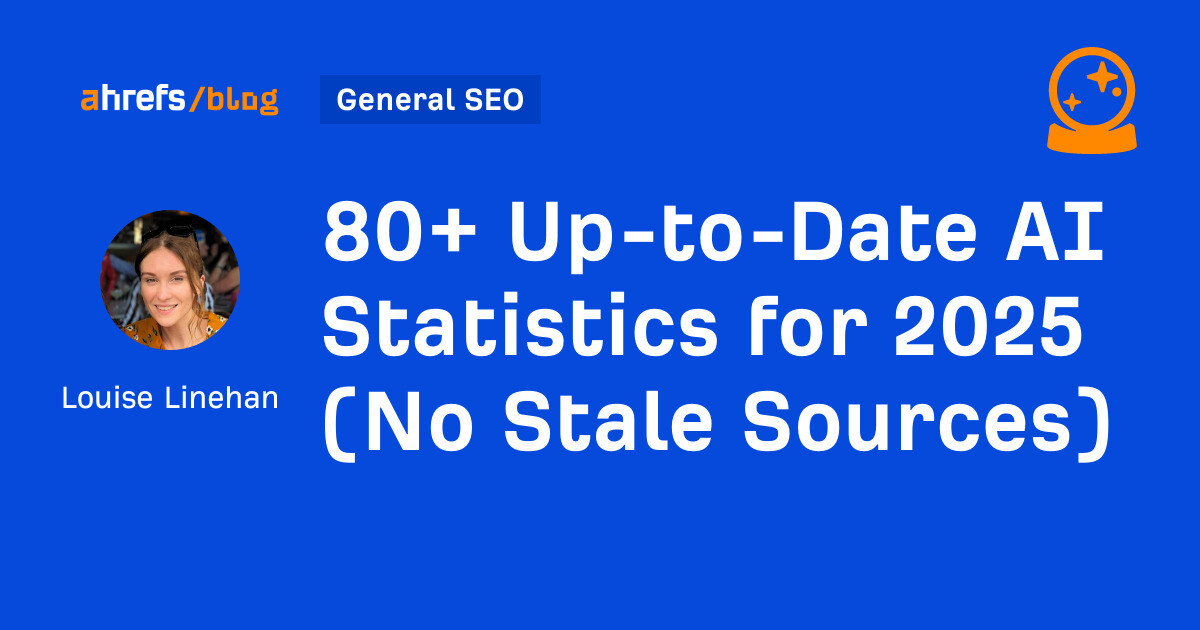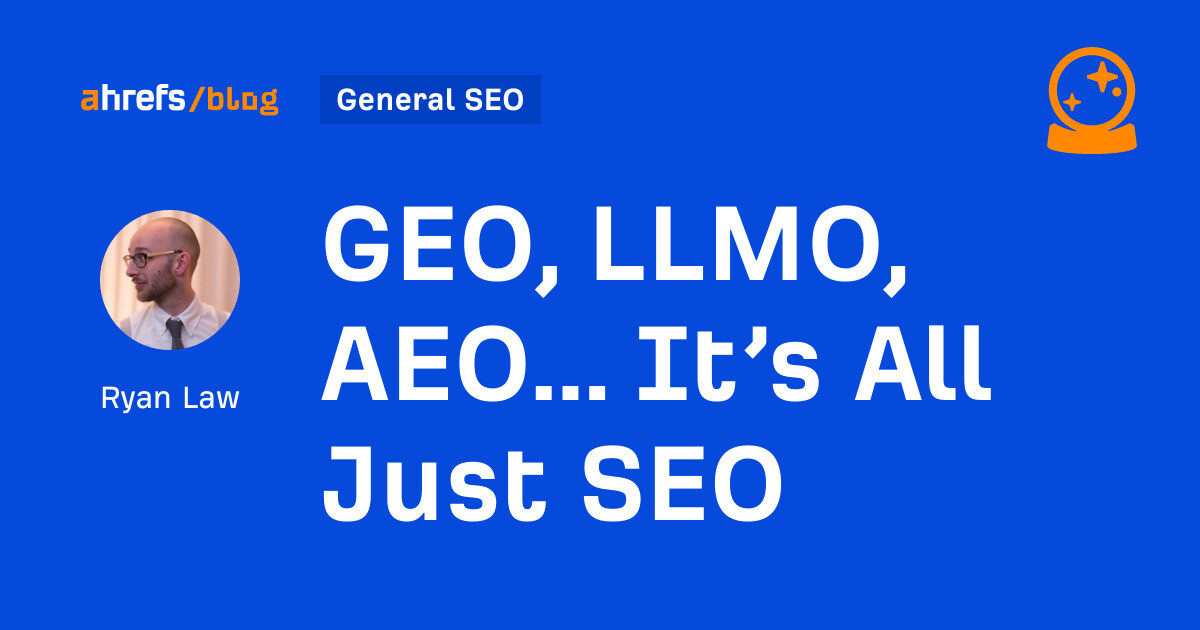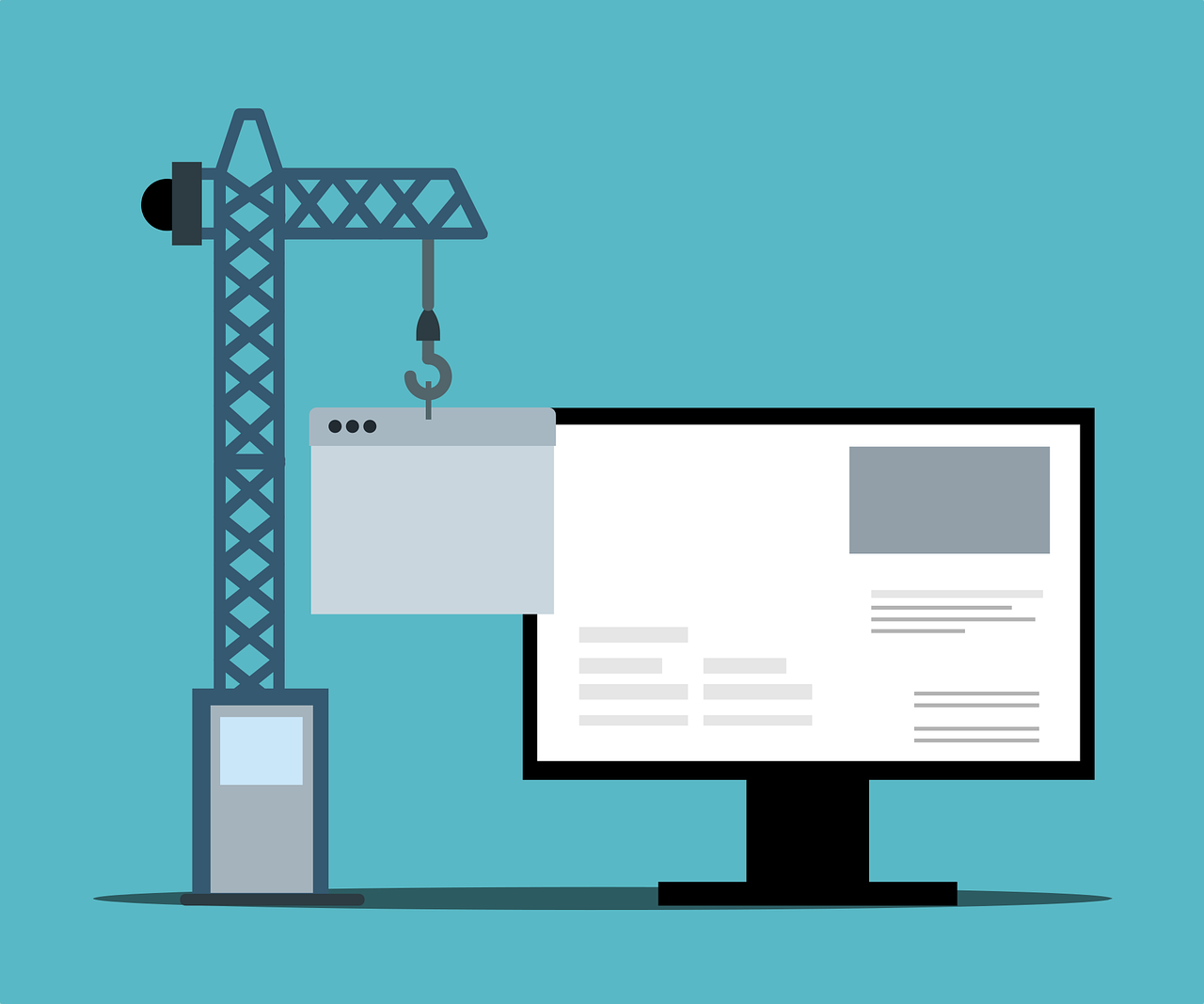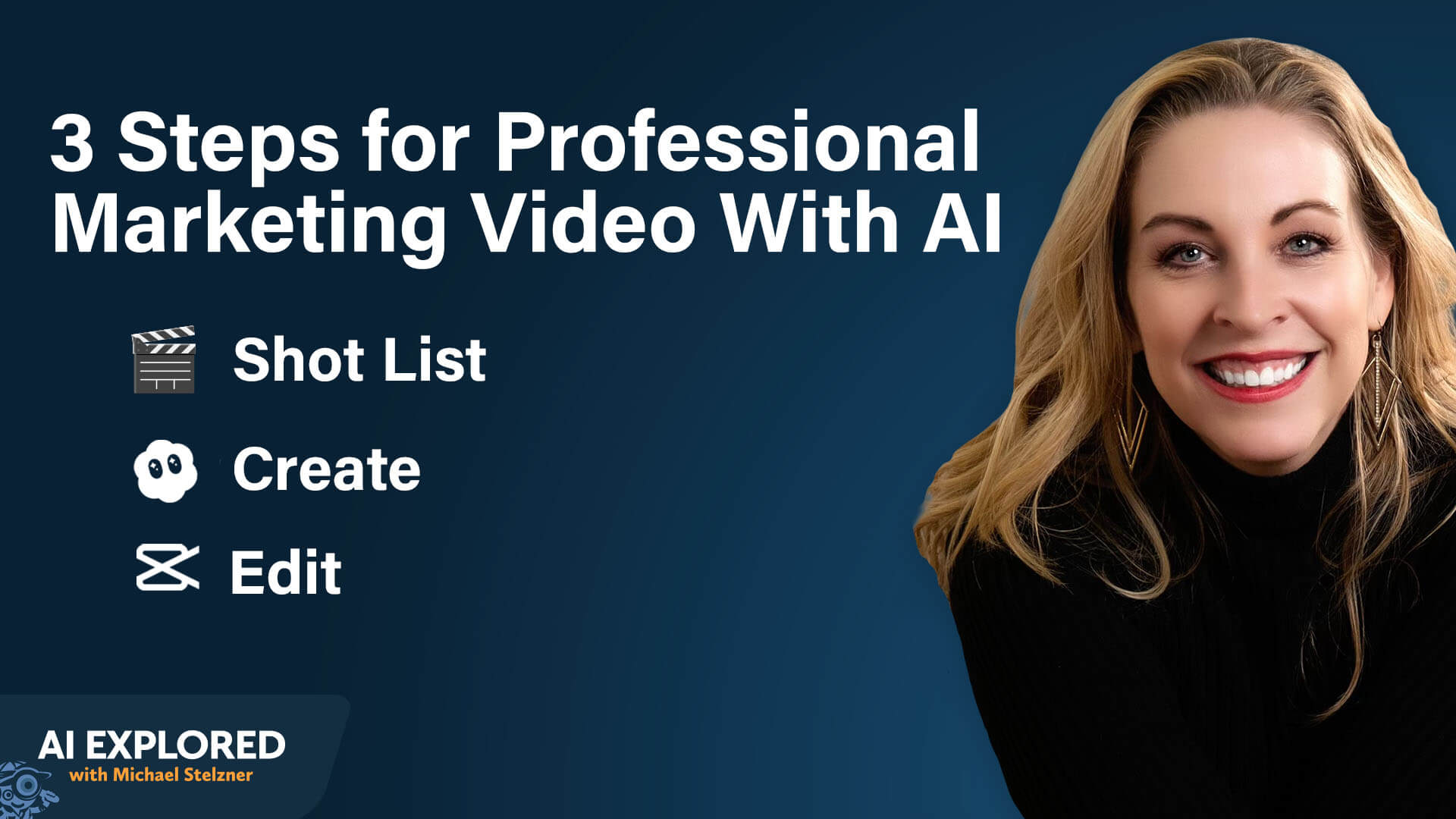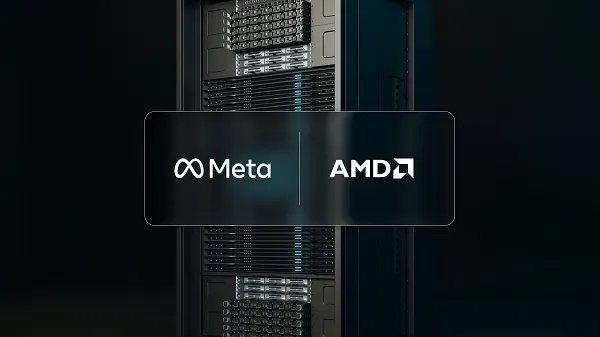SEO Vs. PPC: What’s The Best Strategy For Your Business? via @sejournal, @brookeosmundson
SEO or PPC: Which is better for your business? Understand the trade-offs and advantages to make an informed decision. The post SEO Vs. PPC: What’s The Best Strategy For Your Business? appeared first on Search Engine Journal.
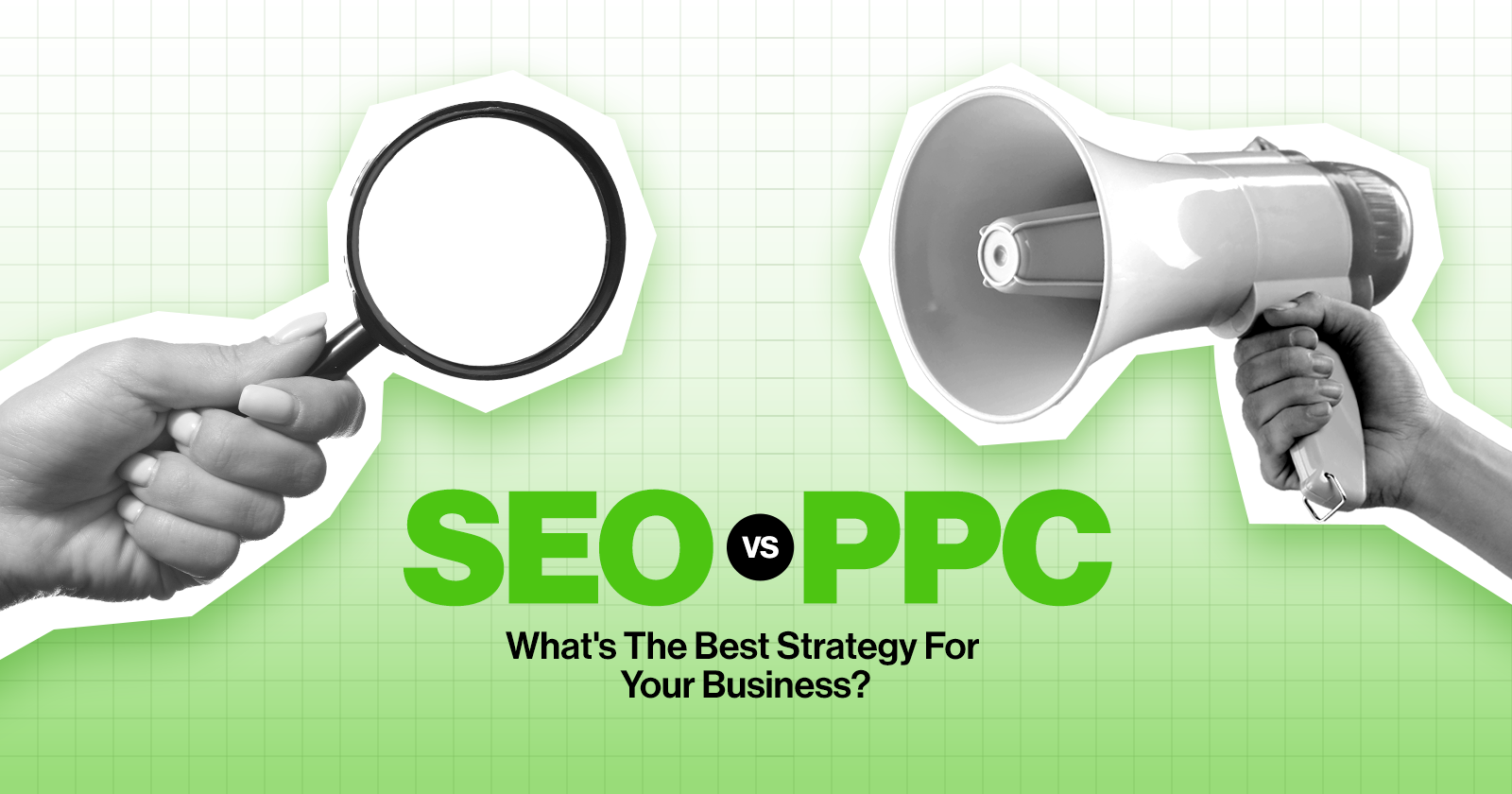
Both SEO and PPC are essential components of digital marketing, yet they operate in entirely different ways.
One delivers instant visibility and quick results, while the other builds long-term authority and organic traffic.
But, when budgets are tight, and results need to be justified to the board, which channel deserves more attention?
The answer isn’t one-size-fits-all. It depends on factors like business goals, industry competition, timeline, and available resources.
In this article, we’ll break down the key differences, advantages, and trade-offs between SEO and PPC, helping you make an informed decision about where to allocate your marketing dollars.
SEO: The Long Game For Sustainable Growth
SEO is the process of increasing organic visibility in search engines through high-quality content, technical optimization, and authoritative backlinks.
Unlike PPC, SEO doesn’t provide instant gratification, but the payoff is well worth the effort.
Once a page ranks well, it can drive continuous, high-intent traffic at little to no cost per click.
Key Benefits Of SEO
SEO is often seen as the foundation of a long-term digital marketing strategy.
While it requires patience and investment upfront, the ability to generate consistent, high-quality traffic without paying for each click makes it a compelling choice for many businesses.
Long-Term Traffic Without Per-Click Costs. While SEO requires upfront investment in content and optimization, its long-term benefits far outweigh PPC in terms of cost-efficiency. Once a page ranks, it can drive organic traffic for years without requiring a constant budget. Higher Trust And Credibility. Consumers tend to trust organic search results more than ads. Studies show that organic listings receive significantly higher click-through rates (CTR) than paid ads, making SEO a valuable channel for establishing brand credibility. Compounds Over Time. Unlike PPC, where you pay for every visitor, SEO works like a snowball effect. The more high-quality content and backlinks you accumulate, the stronger your site’s domain authority becomes, making it easier to rank for new keywords in the future.Disadvantages Of SEO
Although SEO can be incredibly rewarding for any business, it’s not without its challenges.
Businesses need to understand the trade-offs that come with relying on organic search, particularly when it comes to the time and resources required to see meaningful results.
Results Take Time. SEO is not an overnight success story. Depending on your industry and competition, it can take months (or even years) to rank competitively. This makes SEO a long-term play rather than a quick win. Algorithm Uncertainty. Google frequently updates its ranking algorithms, meaning that even well-ranked pages can see fluctuations. If your SEO strategy isn’t built on a strong foundation of best practices, you could be at risk of losing visibility overnight.When SEO Makes The Most Sense
SEO is best suited for businesses looking to:
Establish long-term brand authority and recognition. Generate consistent, cost-effective leads or sales over time. Compete in industries where paid advertising costs are prohibitive. Build a sustainable content marketing strategy that drives traffic and engagement.PPC: The Power Of Instant Results
PPC advertising offers immediate visibility on search engines and social platforms. It’s the equivalent of flipping a switch – your brand appears in front of potential customers right away.
This visibility comes at a price, literally. Once you stop spending, the traffic stops. However, when executed correctly, PPC can drive high-quality leads and sales faster than any other marketing channel.
Key Benefits Of PPC
PPC advertising has several compelling advantages that make it a powerful tool for businesses looking to gain immediate traction.
While it requires an ongoing budget, the ability to reach high-intent users and measure performance in real-time makes it an essential component of a well-rounded marketing strategy.
Immediate Traffic And Quick Wins. With PPC, there’s no waiting game. Unlike SEO, where ranking takes time, PPC can get your business to the top of search results instantly. Whether it’s Google Ads, Microsoft Ads, or paid social campaigns, your ads are live essentially the moment your campaign is approved. Granular Targeting. PPC allows you to target potential customers with laser precision. You can define your audience based on search intent, location, device, demographics, behavior, and even specific interests. This ensures that your budget is spent reaching only the most relevant users, which increases efficiency and conversions. Measurable And Scalable. Every click, impression, and conversion is trackable in PPC, making it one of the most measurable digital marketing strategies. You can quickly assess performance, make data-driven decisions, and scale up or down depending on return on investment (ROI). This level of control is unmatched in SEO.Disadvantages Of PPC
Despite its advantages, PPC isn’t a perfect solution.
Businesses need to be aware of the potential challenges that come with running paid campaigns, particularly when it comes to costs, competition, and ad performance over time.
Costs Can Escalate Quickly. Unlike organic traffic, PPC is a pay-to-play model. The moment you stop funding campaigns, the traffic disappears. If your cost-per-click (CPC) is high, profitability can be challenging without a well-optimized campaign and conversion funnel. Ad Fatigue And Diminishing Returns. Users can become blind to repetitive ads, leading to declining performance over time. This means ongoing creative refreshes, audience testing, and bid adjustments are necessary to maintain strong results.When PPC Makes The Most Sense
PPC is ideal when you need immediate results, such as:
Launching a new product or service that needs instant visibility. Running seasonal promotions or limited-time offers. Competing in a saturated market where organic ranking is difficult. Driving leads or sales in industries with high transaction values.SEO Vs. PPC: Side-By-Side Comparison
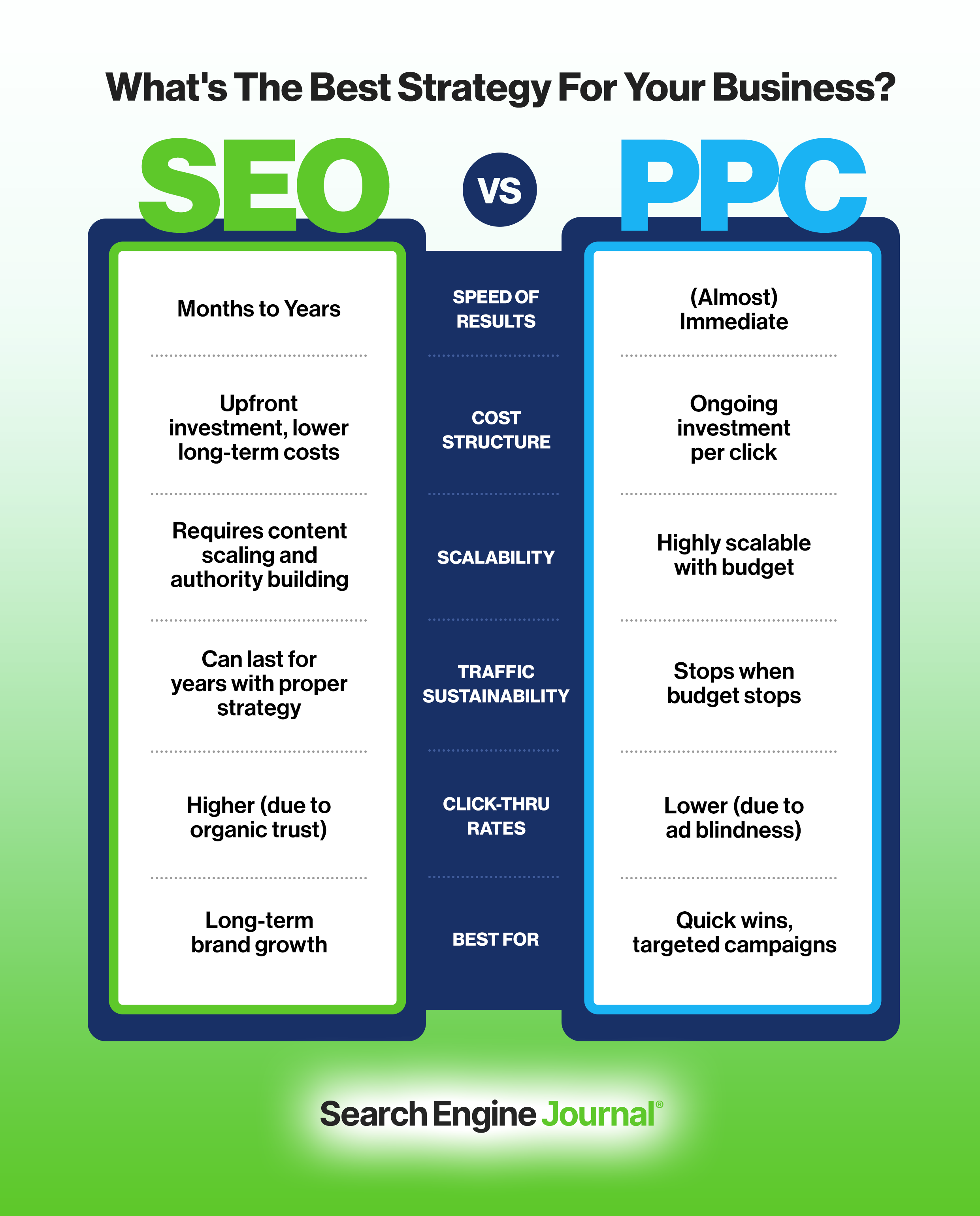
Choosing The Right Strategy For Your Business
The best marketing strategies align with your business goals, industry dynamics, and available resources.
While some businesses can afford to take a long-term approach with SEO, others may need the immediacy of PPC.
The key is to evaluate your needs carefully and choose the right mix of paid and organic efforts.
If You Need Instant Wins: Focus On PPC
If your business needs immediate traffic, leads, or sales, PPC is the way to go. This is especially true for:
Startups and new businesses: When brand awareness is low, PPC can help put your company in front of potential customers quickly. High-margin industries: Businesses that generate high profits per conversion (e.g., legal services, SaaS, finance) can justify PPC spend more easily. Seasonal promotions: If your business thrives on specific times of the year (e.g., holiday sales, back-to-school shopping), PPC ensures you capture demand at the right moment. Local businesses: Companies with a local presence can use PPC to dominate searches for high-intent queries like “best plumber near me.”If You Want Long-Term Growth: SEO Is The Way To Go
If you’re focused on building a sustainable marketing funnel that pays dividends in the future, SEO is the smarter play.
Prioritize SEO if:
Your business relies on organic search traffic: Industries like blogging, ecommerce, and B2B SaaS benefit from strong SEO foundations. You’re in a highly competitive PPC market: If CPCs are prohibitively expensive, investing in organic search can provide a more cost-effective alternative. You’re willing to invest in content marketing: High-quality, evergreen content fuels SEO and positions your business as an authority in your space. Your audience conducts research before purchasing: If customers compare multiple options before making a decision, strong SEO can help you stay top-of-mind.Invest In SEO And PPC For The Best Of Both Worlds
For most businesses, the real answer isn’t SEO or PPC – it’s SEO and PPC. A blended approach allows you to capture immediate opportunities while building long-term organic growth.
Businesses that view these two strategies as complementary, rather than competing, often see the best results.
Here’s why integrating both SEO and PPC is a smart move:
SEO Supports Long-Term Sustainability, While PPC Fills Gaps
Even with the best SEO strategy, organic rankings fluctuate due to algorithm updates and competition.
PPC acts as a safety net, ensuring your brand remains visible even when organic rankings dip. It also allows you to target high-intent keywords that may be too competitive to rank organically in the short term.
PPC Provides Data To Strengthen SEO Efforts
One of the most effective ways to refine your SEO strategy is by using PPC data.
Paid search campaigns provide insights into which keywords convert best, which messaging resonates, and which audience segments drive the most revenue.
This data can be leveraged to optimize SEO efforts, helping to prioritize content creation and organic keyword targeting.
SEO Reduces Long-Term Costs, While PPC Provides Immediate ROI
A well-executed SEO strategy reduces reliance on paid ads over time. Once your site ranks well for high-value keywords, you receive continuous traffic without ongoing ad spend.
PPC, on the other hand, delivers instant results, making it ideal for new product launches, promotions, or when entering new markets.
A combined strategy ensures you’re not putting all your eggs in one basket.
Using PPC To Boost SEO Content
Even the best content needs exposure to gain traction. PPC can be used to drive initial traffic to newly published blog posts, product pages, or other high-value content.
The added engagement signals from paid visitors, such as time on page, shares, and backlinks, can indirectly improve organic rankings.
Retargeting SEO Visitors With PPC
Not all organic visitors convert on their first visit. Using PPC remarketing campaigns, you can re-engage visitors who found you through SEO but didn’t take action.
This keeps your brand top-of-mind and helps improve overall conversion rates.
By investing in both SEO and PPC, you build a balanced marketing strategy that delivers short-term wins while positioning your business for long-term success.
Rather than choosing one over the other, leveraging their combined strengths leads to more sustainable and profitable growth.
Final Thoughts
SEO and PPC each have distinct advantages, and the right choice depends on your business objectives. If you need fast results, PPC is the clear winner. If you’re playing the long game, SEO is invaluable.
But in reality, the most effective digital marketing strategies don’t rely on just one – they integrate both.
The best approach? Evaluate your budget, resources, and competitive landscape. Align your strategy with short-term and long-term goals.
And if you have the ability, combine SEO and PPC for a well-rounded marketing engine that delivers both immediate and sustained results.
More Resources:
Mapping Digital Marketing KPIs To Business Outcomes Paid Media Marketing In 2025: 7 Changes Marketers Should Make State Of SEO 2025Featured Image: Paulo Bobita/Search Engine Journal

 UsenB
UsenB 








